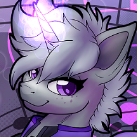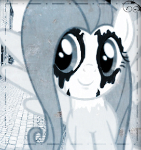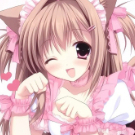The Six Virtues as Discribed in Roleplaying is Magic
-
Similar Content
-
- 6 replies
- 290 views
-
- 1 reply
- 294 views
-
- 0 replies
- 264 views
-
- 2 replies
- 344 views
-
- 18 replies
- 746 views
-
-
Recently Browsing 0 members
- No registered users viewing this page.






Recommended Posts
Create an account or sign in to comment
You need to be a member in order to leave a comment
Create an account
Sign up for a new account in our community. It's easy!
Join the herd!Sign in
Already have an account? Sign in here.
Sign In Now